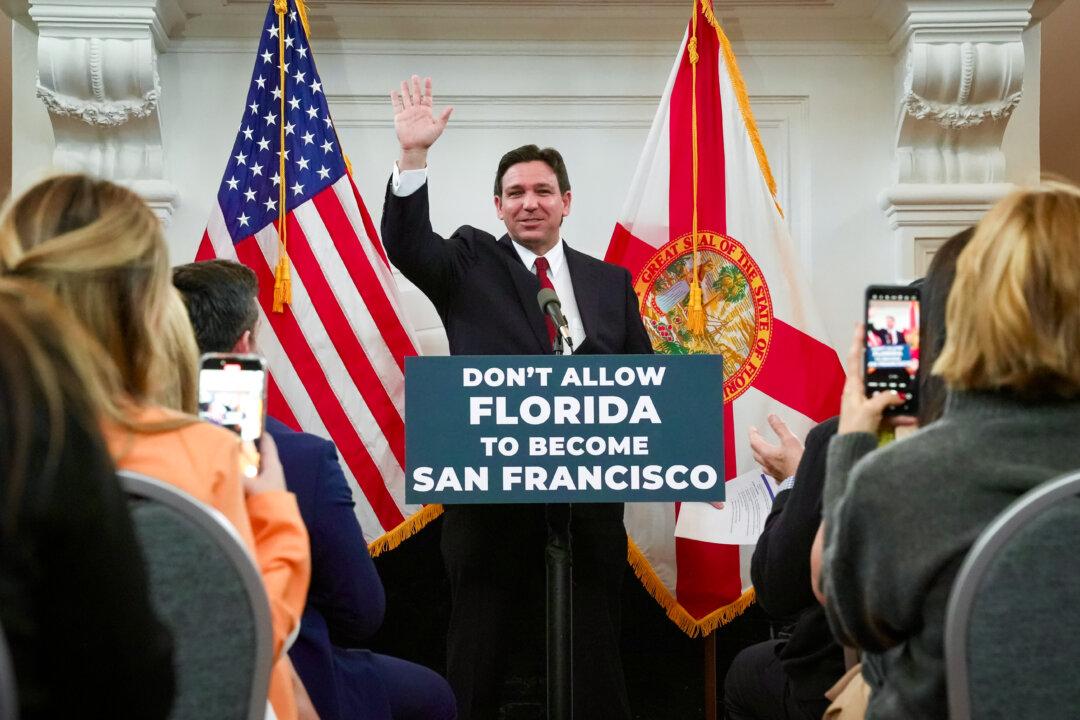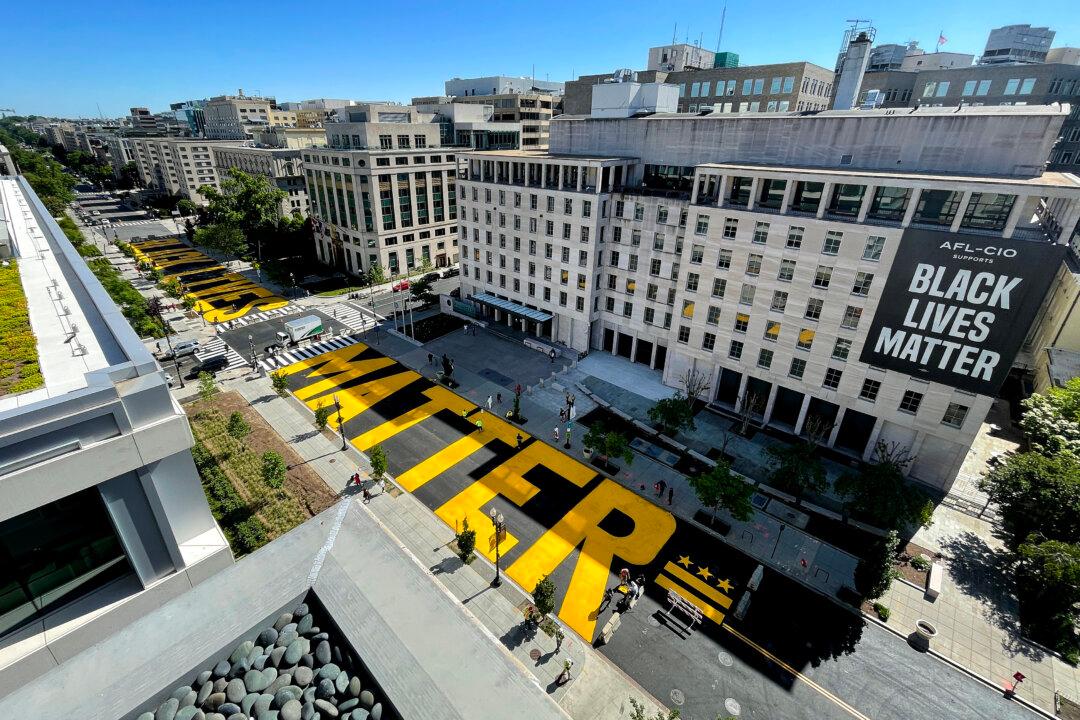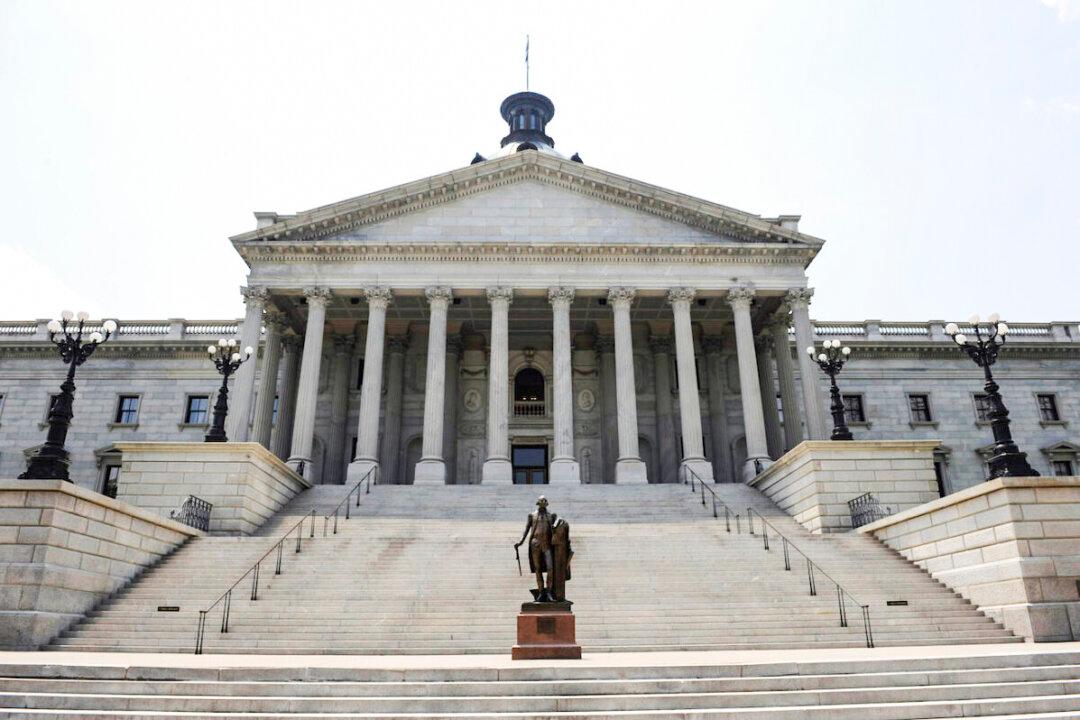A schism characterized by documents on “grace through separation” has brought forth a lawsuit.
In Florida, 106 churches are suing the United Methodist Church (UMC) because it charged them large amounts of money to leave, according to a recently filed lawsuit.




